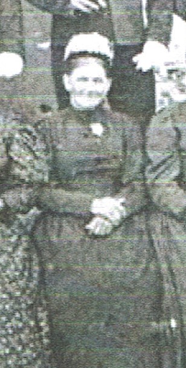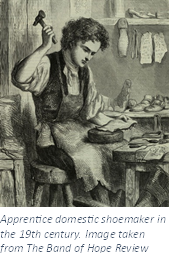Heroes and Rebels in the Family Tree—Hannah Sheldrake

Hannah Sheldrake At the age of about 48, Nelson Wooltorton (1805-1870) married a very young (18) bride, Hannah Sheldrake, who was herself one of 16 children from the neighbouring village of Alburgh. In 17 years of matrimonial bliss Nelson and Hannah had 9 children! [ James Wooltorton was born in 1855 and died at age 6 months ] Nelson appeared in 1861, aged 56, with Hannah his 26 years old wife and 4 children aged 8 and under; 10 years later and poor Hannah Wooltorton at age 35 was a widow with 4 more children added to the 4 she already had! Her husband, agricultural labourer Nelson had died in January 1870, aged 65. In the 1871 census Hannah was described as a pauper-- not too surprisingly with 8 children in the household, only one of whom was bringing in a wage. Hannah’s oldest son William Wooltorton, the lad who was bringing in the only family income in 1871, was born 9 months prior to the marriage of Hannah and Nelson. He was baptized on September ...
